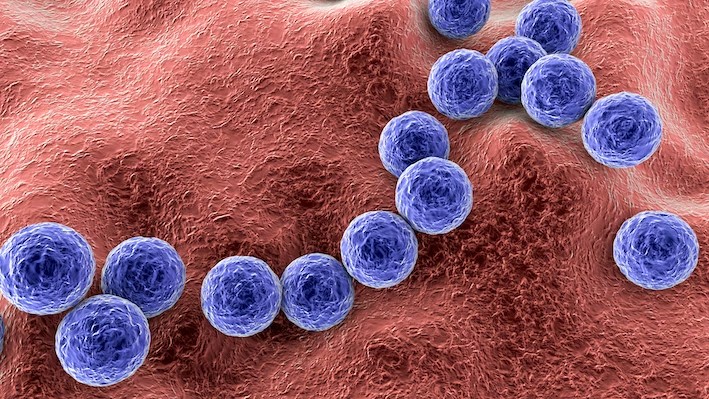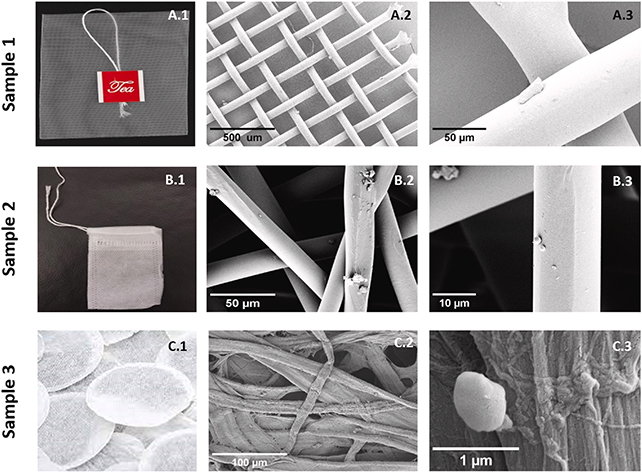The recent discovery of a new lifeform inside the human gut has sparked a wave of interest in the scientific community. The newly found lifeform, known as Obelisks, is unique in its genetic composition, consisting of approximately 1,000 nucleotides, in stark contrast to the 3 billion nucleotides found in human DNA. This small and intricate nature may explain why Obelisks remained undetected for so long.
A research team led by Zheludev conducted a thorough investigation by examining over 5 million datasets of published genetic sequences. Surprisingly, they identified nearly 30,000 distinct Obelisks in the samples, shedding light on the prevalence of this newfound lifeform within the human gut.















